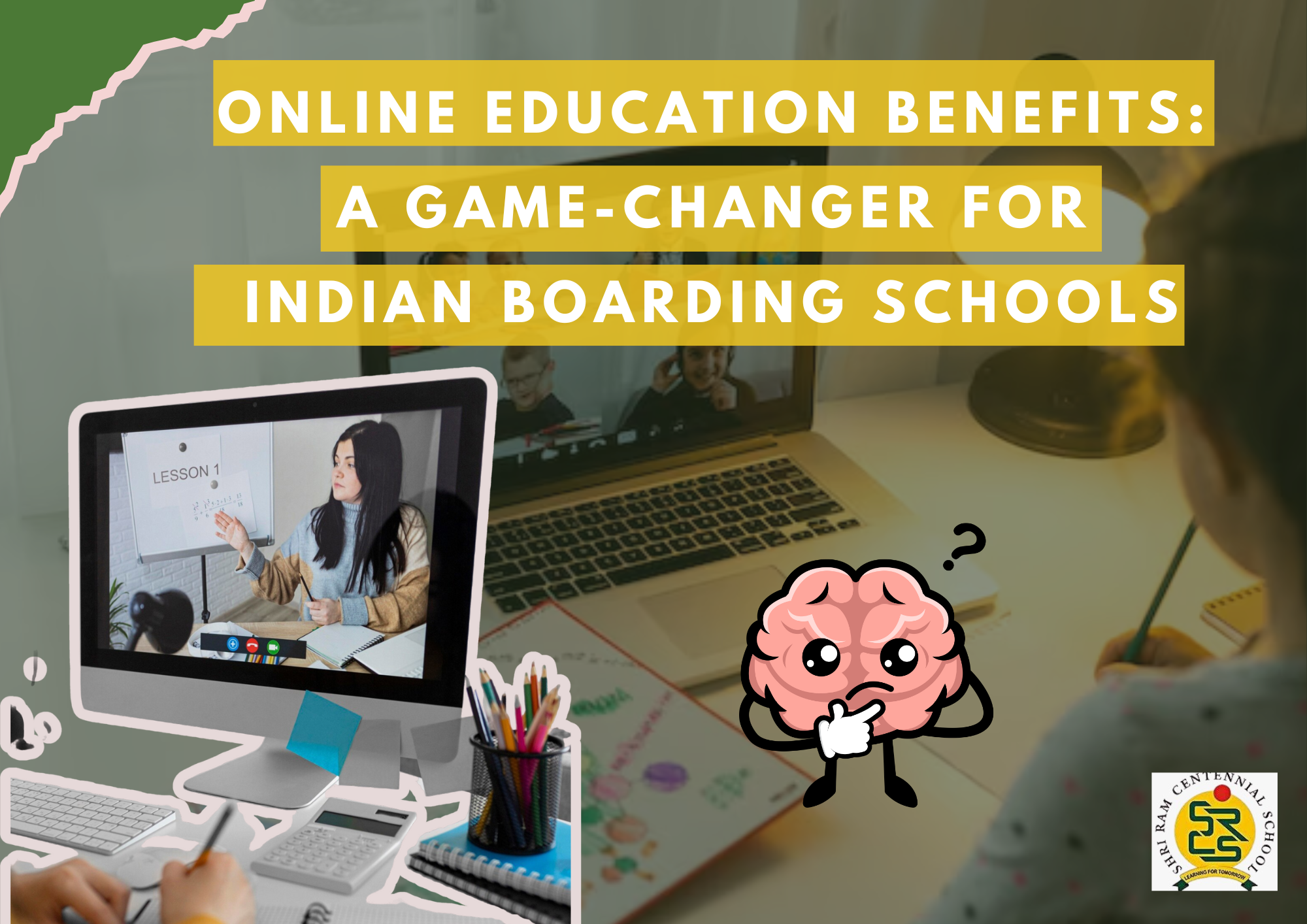In India’s boarding schools, academics are only part of the holistic education students receive.
Co-curricular activities play a vital role in shaping students’ personalities, enhancing their skills, and preparing them for life beyond the classroom.
From sports to arts, community service to science clubs, co-curricular activities foster well-rounded development that supports academic learning.
This article explores why co-curricular activities matter in boarding schools in India and how they contribute to a balanced, enriching school experience.
Importance of Co-Curricular Activities in Boarding Schools
Boarding schools in India are structured to provide students with both academic rigor and opportunities for personal growth through co-curricular involvement.
Here’s why these activities are integral to a comprehensive education:
- Balanced Development: Co-curricular activities ensure that students don’t only focus on academics but also engage in pursuits that stimulate creativity, critical thinking, and social skills.
- Skill Enhancement: Activities like sports, music, and drama cultivate essential life skills, including teamwork, resilience, leadership, and discipline.
- Boosts Academic Performance: Surprisingly, active participation in co-curriculars often leads to better academic performance. These activities teach time management and concentration, which benefit students in their studies.
- Stress Relief: Boarding school schedules can be intense, and co-curricular activities offer an outlet for students to unwind and reduce stress through enjoyable, productive activities.
- Cultural and Social Awareness: By participating in community services, cultural programs, and other group activities, students develop a broader understanding of society and become socially aware and responsible individuals.
Types of Co-Curricular Activities in Boarding Schools

In Indian boarding schools, a wide range of co-curricular activities cater to diverse student interests and talents. Here are some popular options that students can pursue:
Sports and Physical Activities
Sports play a crucial role in building discipline, teamwork, and resilience. Most boarding schools in India offer an array of sports, including:
- Team Sports: Cricket, football, basketball, and hockey foster collaboration, strategic thinking, and physical fitness.
- Individual Sports: Tennis, swimming, athletics, and martial arts encourage personal discipline and goal-setting.
- Outdoor Adventures: Activities like trekking, camping, and nature expeditions teach survival skills and an appreciation for the environment.
Creative and Performing Arts
Creative arts provide a platform for self-expression and the exploration of imagination. Popular artistic pursuits include:
- Music: Students can participate in bands, choirs, or learn to play instruments, enhancing their creativity and cultural appreciation.
- Drama and Theater: Theater activities help students overcome stage fear, build confidence, and improve their speaking skills.
- Fine Arts: Painting, sculpture, and other visual arts allow students to express emotions, improve focus, and develop patience.
Academic Clubs and Competitions
Academic clubs provide a space for students to explore subjects beyond the curriculum, fostering intellectual curiosity and critical thinking.
- Science Clubs: Science enthusiasts can engage in experiments, robotics, and competitions, igniting a passion for scientific exploration.
- Math Clubs: These clubs help students hone analytical skills through puzzles, quizzes, and math challenges.
- Debate and Literature Clubs: Engaging in debates, quizzes, and literary discussions helps students improve communication skills and think critically about current issues.
Community Service and Social Work
Co-curricular activities in Indian boarding schools often include community service, which instills a sense of responsibility and empathy in students. Common activities in this category are:
- Charity Work: Students participate in fundraising events and charity drives, developing a sense of gratitude and social responsibility.
- Environmental Initiatives: Many boarding schools encourage activities like tree planting, recycling, and conservation efforts to raise environmental awareness.
- Volunteering: From working in local communities to visiting elder care centers, students gain real-world insights and learn to appreciate diversity.
Skill-Based Activities
Boarding schools frequently offer specialized skill-based activities to prepare students for future challenges.
- Public Speaking and Leadership Workshops: These activities teach students how to communicate effectively and lead with confidence.
- Coding and Technology Clubs: With the rise of technology, many boarding schools in India now offer programming and technology clubs to prepare students for a digital future.
- Entrepreneurship Programs: Business-minded students can join entrepreneurship clubs, where they learn the basics of finance, marketing, and management.
Benefits of Co-Curricular Activities for Students in Boarding Schools

Enhances Social Skills
Participation in co-curricular activities helps students improve their social skills as they interact with their peers, mentors, and even community members.
These activities create a sense of camaraderie and cooperation, which is especially valuable in a boarding school setting where students live and learn together.
Develops Time Management
Balancing academics and co-curricular involvement teaches students the importance of time management.
In boarding schools, where students have structured schedules, co-curricular activities encourage them to plan their day effectively, allocate time wisely, and meet deadlines.
Builds Leadership and Teamwork
Many co-curricular activities, particularly team sports and clubs, foster leadership and collaboration skills.
Students often take on roles like team captains or club presidents, learning to manage responsibilities, resolve conflicts, and lead by example.
Encourages Self-Discipline and Commitment
Regular participation in co-curricular activities requires commitment and consistency, which builds self-discipline.
This sense of dedication translates into their academic pursuits and future endeavors.
Provides a Platform for Talent Development
Boarding schools provide various co-curricular platforms that allow students to discover and hone their unique talents, whether in sports, arts, or academics.
Early identification and development of these talents can lead to specialized career paths or scholarships, opening doors for students’ future success.
Promotes Physical and Mental Well-Being
Physical activities such as sports, yoga, and dance promote fitness and mental health. Studies show that regular physical activity can improve concentration, reduce anxiety, and increase overall happiness.
Boarding schools encourage this balance by integrating co-curricular physical activities into students’ daily routines.
How Parents Can Support Their Child’s Involvement in Co-Curricular Activities

Parents play a vital role in encouraging their children’s participation in co-curricular activities. Here are some ways parents can support their children’s involvement:
- Encourage Exploration: Allow your child to explore different activities before settling on specific ones. Encourage them to pursue activities they are genuinely interested in.
- Acknowledge Achievements: Recognizing your child’s progress, no matter how small, boosts their confidence and motivation.
- Provide a Balanced Perspective: While co-curricular activities are essential, encourage your child to maintain a balance between academics and other interests.
- Stay Engaged: Attend school events, games, or performances to show your support. Being actively involved in your child’s activities demonstrates your encouragement.
- Encourage Self-Reflection: Help your child understand the value of co-curricular activities by discussing what they learned and how they can apply these skills in everyday life.
Conclusion
In boarding schools across India, co-curricular activities are a fundamental part of the educational journey. These activities are more than just pastimes; they are essential for developing well-rounded individuals.
By participating in co-curricular activities, students learn valuable skills, enhance their social abilities, and gain experiences that prepare them for future success.
The wide variety of co-curricular opportunities in boarding schools allows students to explore their passions, build confidence, and enjoy a well-rounded, fulfilling school experience.
Encouraging active participation in co-curricular activities benefits both students and parents, contributing to a rich, balanced education that extends far beyond academics.










